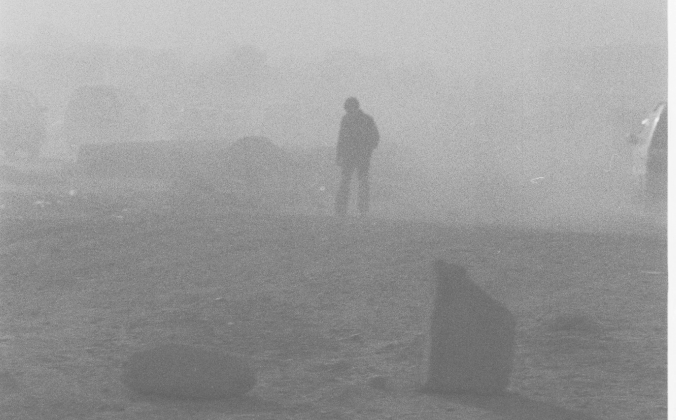There are three big stories coming out of last week’s UK Anti-Corruption Summit in London.
One is the obvious and well recorded one, deservedly. Criminals, the corrupt and terrorists will no longer be able to hide under the cloak of anonymous companies to launder their ill-gotten wealth in France, the Netherlands, Nigeria, Afghanistan, Kenya and the UK. All of these countries will now put in place public registers of the beneficial or real owners of companies, with France going one step beyond and including companies and trusts in its register. The UK register will come into force from next month. The UK also went further and made it a requirement for any foreign company either buying property in the country, or entering into a contract with the state to declare its beneficial owner. This is momentous as it applies potentially to any company in the world seeking to do business in the UK, it sets a precedent. Already Nigeria has committed to do the same.
Why do we need and want this? Anonymous companies are the getaway cars of the corrupt. As Mo Ibrahim said last week, “If you steal $100, you stash it under your mattress, if you steal $10m you register an anonymous company and buy a big house in Notting Hill.” Why do corruption fighters need the information? For two reasons. Firstly as a preventative measure, campaigners expect that the corrupt will be deterred from laundering their wealth through shell companies or the purchase of expensive properties. Secondly, to use this new data to detect and eventually prosecute the corrupt. It is with the latter that I think the summit really helped break new ground.
Strong commitments around open contracting, or the timely, accessible and comparable access to contracts between government and the private sector, are the untold story of the summit. Globally, a staggering 60% of the world’s bribes are connected to public contracts[i]. This matters for two important reasons. Firstly, it matters because shining a light on public contracting will lead to less dodgy deals being done using public resources which in turn means better schools, hospitals, roads or bridges. Secondly, open contracting is the enabler, the key really (though not the silver bullet, more on that below), for many of the outcomes we hope to see come out of beneficial ownership transparency.
Let’s take an example: knowing that James Smith owns company ‘X’ only takes you so far, unless you know who Mr. Smith is, what deals that company has been doing and with whom. That information will be vital to ensure that open data leads to corruption prosecutions. The illicit cash from dodgy contracts that may then have been laundered via the UK or other housing markets and offshore vehicles becomes visible and traceable. So for law enforcement to use this new data to bring about corruption prosecutions, the combination of beneficial ownership and open contracting is a powerful one indeed.
In total, an impressive 14 new countries committed to implementing the open contracting data standard last week (from Argentina to the United States via France and Georgia). The UK itself made a very strong commitment to open contracting, including all contracts related to High Speed 2, the governments’ mega-infrastructure rail project.
This bring me to the third and final story: to drive through those corruption prosecutions, we will need to have unusual and at times challenging collaborations between law enforcement agencies, investigative NGOs (such as Global Witness), investigative media, as well as data scientists and open data reformers. We needed to open up the right data, at the right time, in the right formats in order to empower those corruption fighters. To this end, the Anti-Corruption Innovation Hub was announced at the summit with 16 countries committing to develop new approaches to harness data and technology to lead to corruption prosecutions. Central to this is the People Powered Anti-Corruption programme jointly developed by Omidyar Network and the UK’s Department for International Development. Through this programme we will be supporting data scientists, investigative NGOs and media to work with law enforcement to ensure anti-corruption data leads to those found guilty of corruption being prosecuted.
We have witnessed a huge shift over the past five years. Tectonic plates are moving and the beginning of a new global norm is clearly forming. It will simply no longer be possible to hide behind the veil of anonymity that companies can provide for their real owners. It will — rightly — seem utterly strange in a few years from now that anyone could ever have registered a company without declaring their identity, much in the same way as it seems unbelievable that as recently as the 1990s bribes could be deducted as a business expense in many countries in the world including the UK. This is the beginning of an exciting journey and I for one am looking forward to being part of it.
